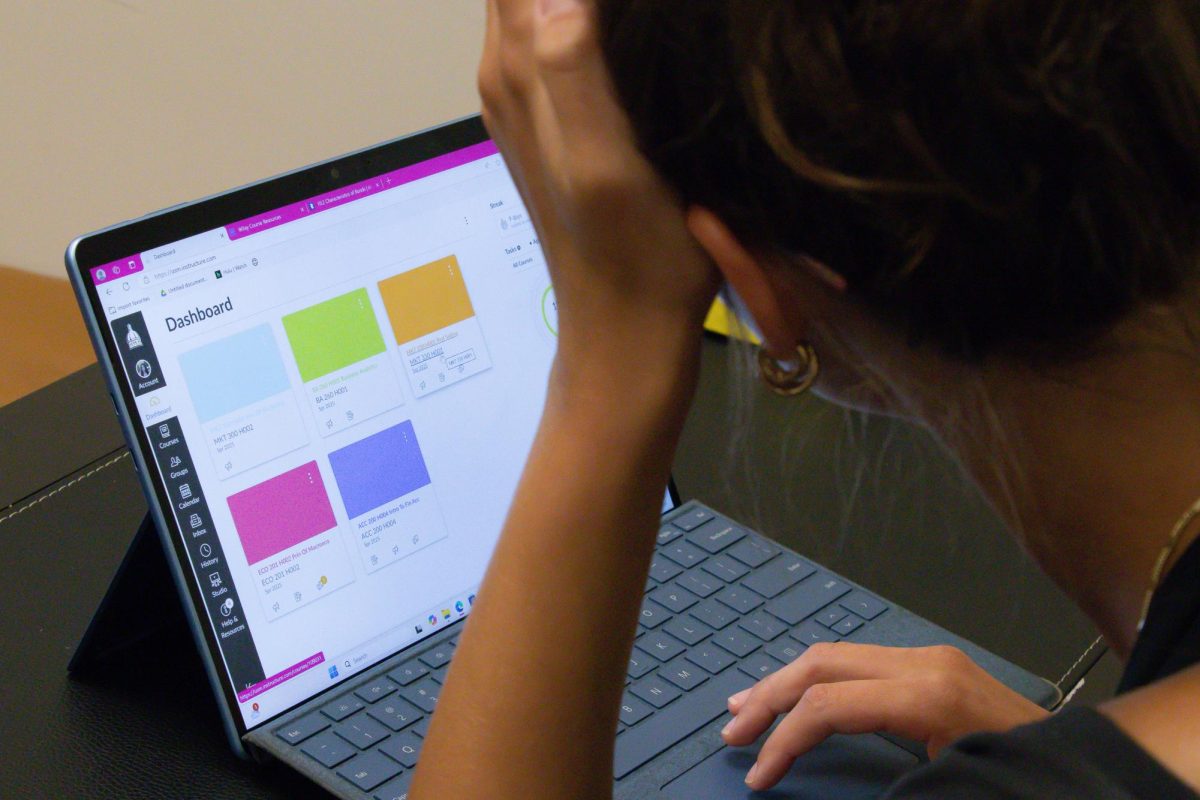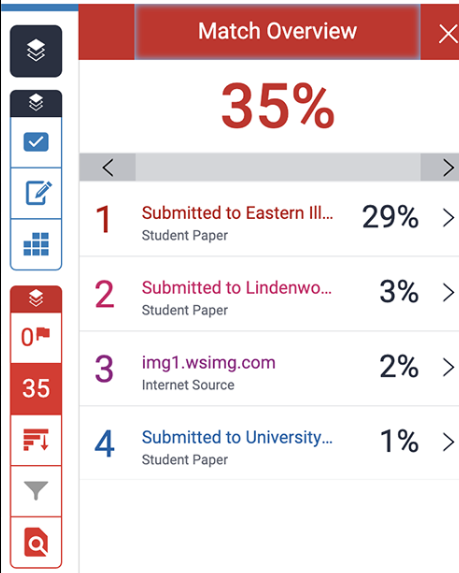As temperatures rise and the semester winds down at the University of Southern Mississippi, many students find themselves battling “spring fever.” A lack of motivation, the loss of focus and even dropping classes after midterms are all signs that spring stress and burnout may be taking a toll. With final exams on the horizon and the promise of summer break just weeks away, students are finding it harder than ever to stay engaged in their coursework.
The spring semester, often filled with high expectations and a packed academic calendar, presents unique challenges that can lead to burnout. After months of assignments, exams and obligations, many students experience a sharp decline in motivation. For some, the combination of stress and exhaustion becomes overwhelming, leading them to consider dropping classes or disengaging from school altogether.
“It’s typically after spring break where the stress starts building up, and you start
having those students who don’t think they can get through it,” said Gregory W. Pierce, the University Registrar.
While resources are available, students often find it difficult to seek help or even acknowledge they need it. Warm weather and longer daylight hours also add to the challenge, making studying indoors feel even more difficult. The contrast between academic responsibilities and the desire to unwind outdoors creates a perfect storm for distraction.
One of the biggest turning points in the semester is midterm grades. For students struggling in class, midterms can serve as a wake-up call – either motivating them to push harder or convincing them that dropping the class is their best option.
“At the beginning of the semester, I definitely felt more focused, and I would get my work done extra early,” said Zaria Gord on, a junior at USM. “But as the semester starts to wrap up, I feel less inclined to do things like study or put in my best effort.”
Academic pressure also plays a role in student burnout. The expectation to maintain good grades while balancing work, extracurricular activities and social life can feel overwhelming. As students approach the final weeks of the semester, the weight of unfinished assignments, upcoming exams and looming deadlines only adds to the stress.
Despite these challenges, there are ways for students to stay motivated and finish the semester strong. Utilizing campus resources, such as tutoring services and mental health counseling, can make a significant difference. Time management strategies, like breaking tasks into smaller goals and creating study schedules, can also help students stay on track.
“In the end, if the student is even willing to just go on the website and see what resources are out there, most areas will make an effort to try and help that student,” said Pierce.
For some, simply acknowledging burnout and making small adjustments – such as taking breaks, exercising, or studying in a new environment – can improve focus and productivity.
“The thought that the semester is almost over is what motivates me,” Gordon said. “As well as thinking about the classes for the next semester.”































